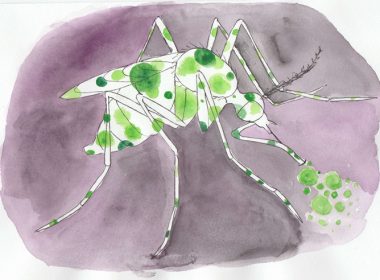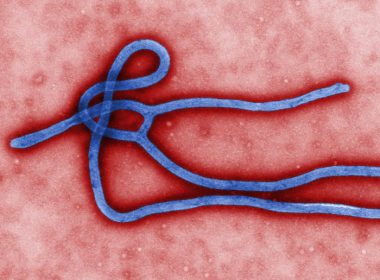Since the invention of the polymerase chain reaction (PCR) technique by Kary Mullis in 1985, scientists have taken for granted the ability to make millions of DNA copies. Despite being hailed as a groundbreaking technology at the time, its spotlight was stolen in 2013 by CRISPR, a precise gene editing[Read More…]
Tag: virus
Understanding the coronavirus
The World Health Organization (WHO) designated the novel Coronavirus (2019-nCoV) outbreak a public health emergency on Jan. 30, garnering increased attention from world leaders and national public health agencies. As concerns over the spread and severity of a wider 2019-nCoV outbreak continue to grow, researchers around the globe are working[Read More…]
What’s the deal with CRISPR?
CRISPR offers the potential to cure presently untreatable cancers and diseases. Moreover, it could revive an extinct organism, such as the mammoth, using tiny bits of genomic information that scientists have collected through their serendipitous discoveries. “CRISPR is a gene editing technique that allows investigators to alter the gene sequence[Read More…]
McGill researchers develop new model for Zika virus experiments
The spread of new and emerging viruses poses a constant threat to public health and presents a concern to developing and developed countries alike. Population growth, climate change, and the increasing ease and speed of travel have exacerbated the transmission of these viruses. Overpopulation results in the construction of homes[Read More…]
The Zika virus, explained
News headlines are swarming with concern over outbreaks of the mosquito-borne Zika virus. First discovered in 1947, the Zika virus is part of the flavivirus family and was believed to pose no threat to humans; however, this virus is the recent cause of over 4,000 cases of microcephaly in infants—an[Read More…]
Surviving the internet can be hard
Half a million.
The struggle to cure HPV
To latch onto a human host cell, the human papillomavirus (HPV) scans the outside of its target until it reaches its receptor protein—the trapdoor through which the virus may pass into the cell.
Ebola strikes back
As far as infectious diseases go, Ebola is the new kid on the block. It was first identified in 1976, when two simultaneous outbreaks occurred in Western Africa along the Ebola River; 454 deaths occured that year.












